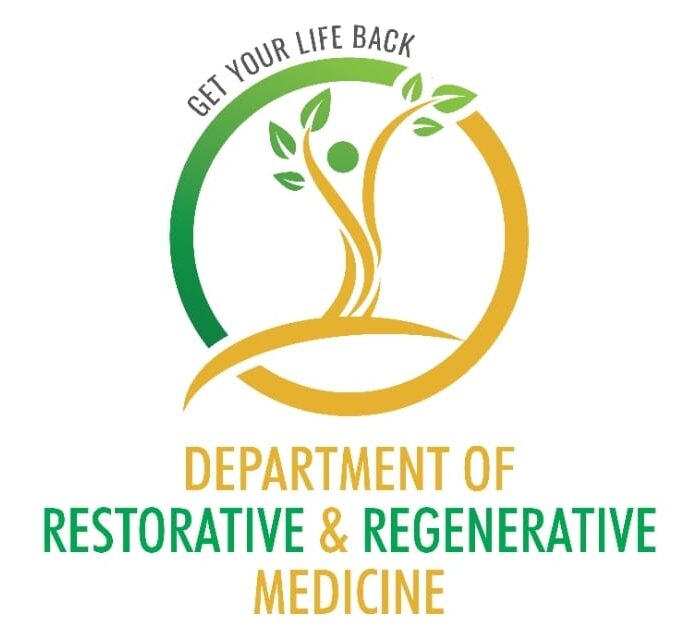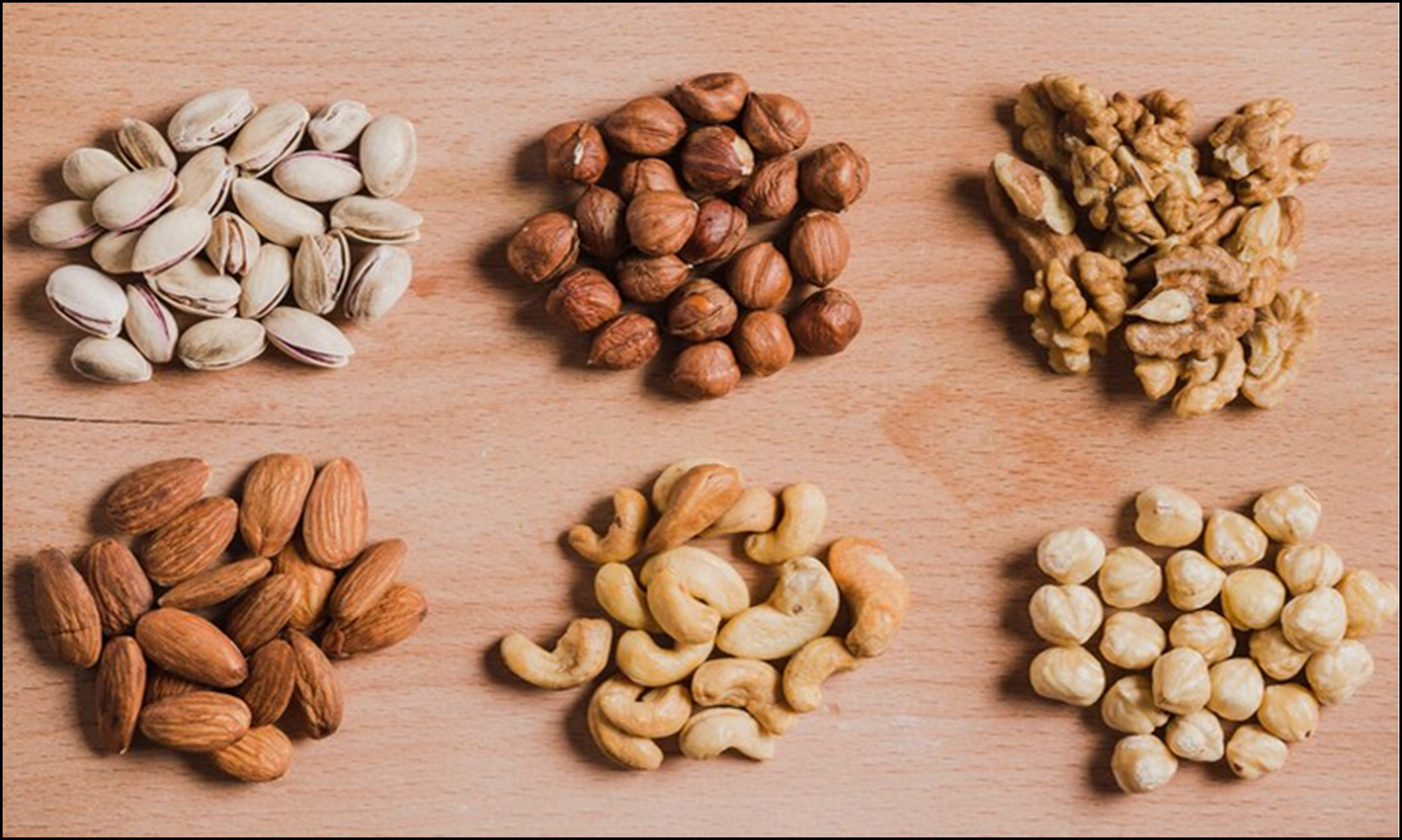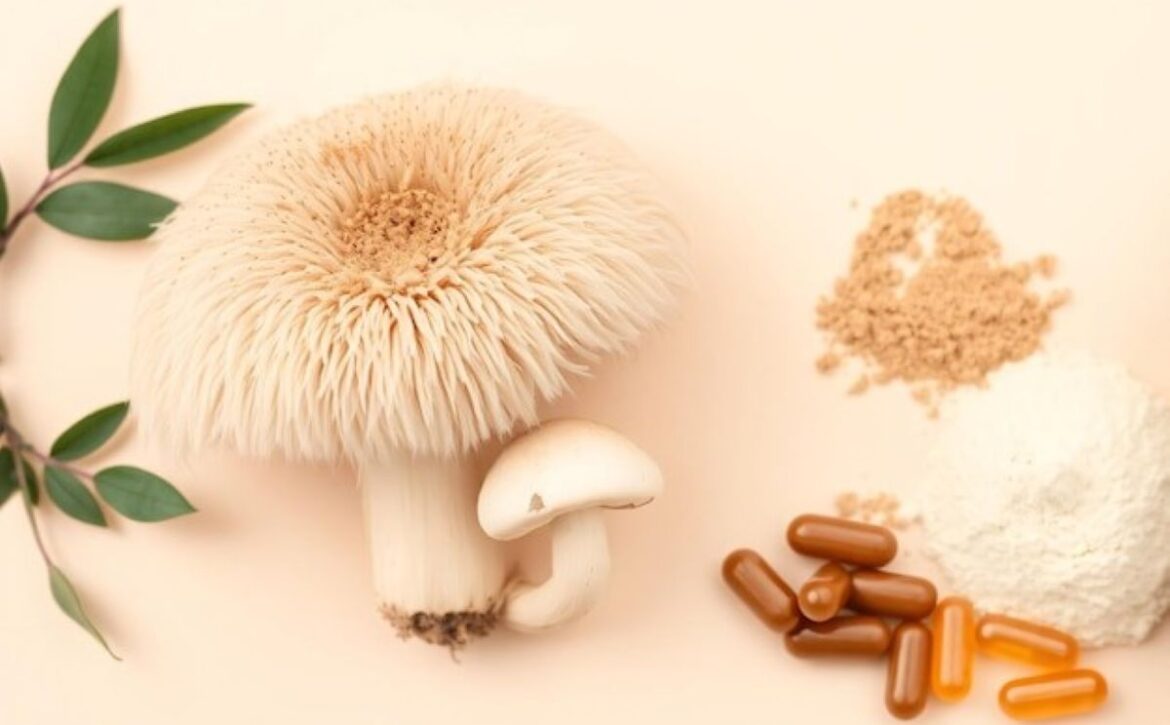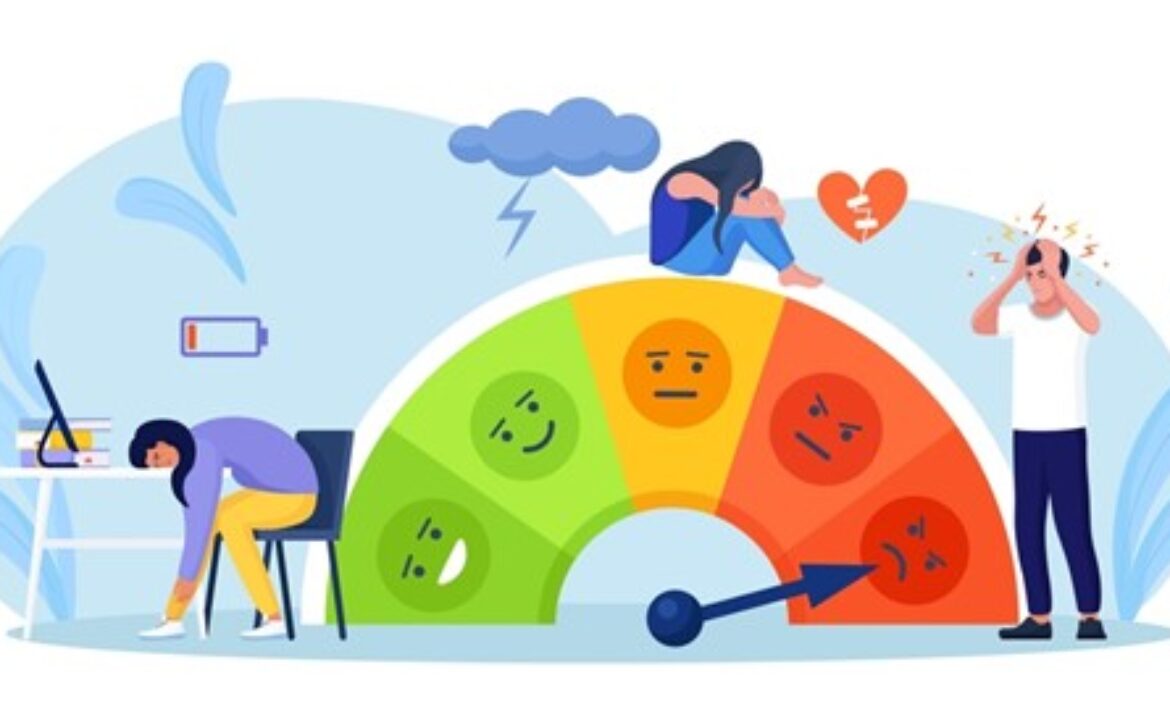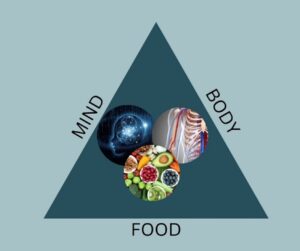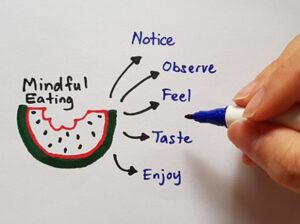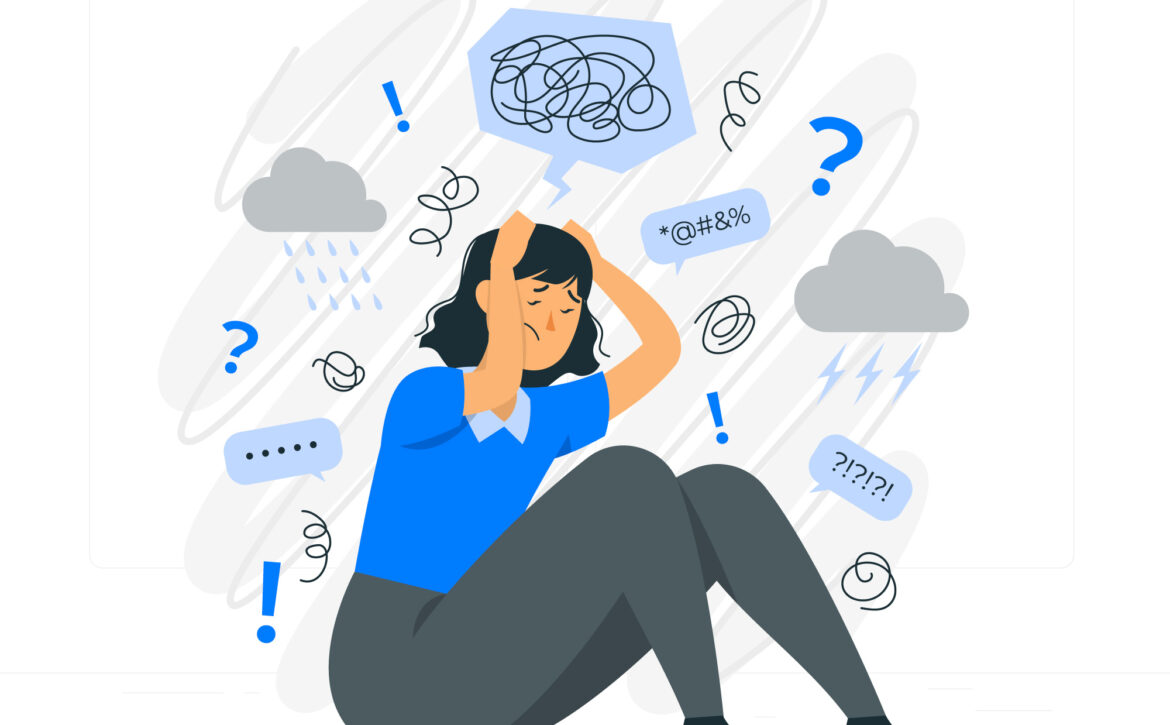The Connection Between Chronic Pain and Depression
Overview of Chronic Pain and Depression
Depression and chronic pain are two common, crippling illnesses that frequently combine, resulting in a complex interaction that can dramatically lower someone’s quality of life. Creating effective treatment plans at the TMS treatment clinic for depression in Mumbai requires an understanding of the relationship between these disorders. This blog will explore the nature of chronic pain, look at the reciprocal relationship between depression and chronic pain, and talk about the biological, psychological, social, and behavioral elements that underlie their interaction.
What Constitutes Chronic Pain?
Chronic pain is often characterized as pain that lasts more than three to six months, or beyond the expected recovery time. Unlike acute pain, which is a direct response to injury or illness and serves as a warning signal to the body, chronic pain persists even after the underlying cause has been treated or resolved. It can take several forms, including:
- Neuropathic pain: caused by nerve system damage, and symptoms include burning, tingling, or shooting pain.
- Nociceptive Pain: Pain caused by tissue injury or inflammation, which is frequently described as aching or throbbing.
- Mixed Pain: A combination of neuropathic and nociceptive pain.
Arthritis, fibromyalgia, migraines, back pain, and chronic post-surgical pain are common illnesses linked to chronic pain. Chronic pain’s enduring nature has a significant impact of chronic pain on mental health in addition to its effects on physical health, which increases the risk of depression from chronic pain.
Bi-directional Relationship Between Chronic Pain and Depression
Depression and chronic pain have a reciprocal relationship, which means that each illness can influence the onset and severity of the other. It can be difficult to interrupt the vicious loop that is created by this relationship. RNR Medicine will examine the relationship between depression and chronic pain, as well as how depression from chronic pain might be exacerbated, in order to have a better understanding of it.
How Chronic Pain Leads to Depression?
The ongoing struggle of managing chronic pain and depression can have a mental health effects of chronic pain on an individual. The following are a few ways that depression and chronic pain might interact:
- Persistent Physical Pain: Being in pain all the time can be draining and discouraging. It can disrupt sleep, day-to-day activities, and the enjoyment of life, resulting in feelings of powerlessness and hopelessness.
- Functional Impairment: People with chronic pain frequently find it difficult to work, pursue hobbies, and carry out daily duties. Symptoms of Depression from chronic pain may arise from this loss of function, which may lead to a lost sense of purpose and self-worth.
- Social Isolation: People who experience pain may avoid social situations and get-togethers because they are uncomfortable. Loneliness and a lack of social support are two major risk factors for depression that might result from this isolation, observed by the doctors for TMS depression treatment in Mumbai.
- Cognitive Impact: Prolonged pain can impede mental processes like focus and memory, which can intensify depressive and frustrated sentiments.
How Depression Can Worsen Chronic Pain?
Chronic pain can also be made worse by depression, which can lead to a vicious cycle that exacerbates both disorders. The following are some ways that depression might exacerbate long-term pain:
- Increased Sensitivity to Pain: Our depression specialist doctors in Mumbai states that depression has the ability to change how people perceive pain, increasing their sensitivity to painful stimuli. The perception of pain may be intensified as a result of this increased sensitivity.
- Reduced Pain Tolerance: Depressive symptoms have been shown to reduce pain tolerance, which makes managing chronic pain and depression more difficult. Greater suffering can result from even modest pain that becomes intolerable.
- Negative Health Behaviors: Poor sleep, inactivity, and unhealthful eating are among the behaviors that can exacerbate chronic pain and depression link. These actions may be part of a vicious cycle that exacerbates depression symptoms and pain.
- Medication Non-Adherence: People who are depressed may find it difficult to follow pain management instructions given by the best depression specialist doctors in Mumbai, which includes taking their prescription drugs on time. Both illnesses may worsen as a result of this non-adherence, which may lead to poorly managing chronic pain and depression.
Reasons Behind The Chronic Pain And Depression Link
Biological, psychological, social, and behavioral factors all play a role in the complex relationship between depression and chronic pain. Gaining knowledge of these variables can help explain the mechanisms underlying this relationship and guide the development of more potent treatment strategies at the best depression center in Mumbai.
Biological Mechanisms
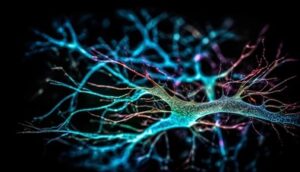
The overlap between depression and chronic pain is attributed to multiple biological processes. These include:
- Neurotransmitter Imbalances: Dysregulation of neurotransmitters like dopamine, serotonin, and norepinephrine is a part of the chronic pain and depression link. These substances are essential for controlling mood and pain perception. Depression symptoms and increased pain sensitivity can also result from dysregulation in these systems.
- Inflammation: Inflammation has been connected to depression and is a common feature of chronic pain problems. Pro-inflammatory cytokines have the ability to impact mood regulation and brain function, which may be why depression may arise in those who have chronic pain.
- HPA (hypothalamic, pituitary, adrenal) axis Dysfunction: The body’s stress response is mediated by the HPA axis. Both chronic pain and depression frequently include this system’s dysregulation, which results in changed cortisol levels and stress hormone activity that can impact mood and pain.
- Genetic Predisposition: Certain people are more likely to experience depression and chronic pain due to genetic causes. Specific genetic variations may impact an individual’s vulnerability to these illnesses, hence raising the probability of their co-occurring nature.
Psychological Factors

Depression and chronic pain are significantly influenced by psychological factors:
- Catastrophizing: People who have chronic pain may experience this cognitive distortion, in which they assume the worse. This negative thought cycle can exacerbate hopelessness and helplessness, which can lead to depression.
- Fear-Avoidance Beliefs: Avoidance behaviors, in which people restrict their actions to avoid pain, might result from a fear of pain or re-injury. This avoidance may worsen social and physical functioning, which would exacerbate depression symptoms.
- Negative Affect: Prolonged depressive, anxious, and irritable feelings can result from chronic pain, which can cause a widespread negative affect. Depression risk may rise as a result of this emotional condition.
- Learned Helplessness: People who have experienced chronic pain may come to feel as though they have no control over their lives or their misery. This view may exacerbate depressive and hopeless sentiments.
Social Factors

Additionally, social variables play a major role in the relationship between depression and chronic pain:
- Social Support: Depression and chronic pain can both be made worse by a lack of social support. People with small social networks may experience emotions of isolation and lack of support, which can exacerbate depression and loneliness.
- Family Dynamics: Impact of chronic pain on mental health of a person can be gauged by how their family members react to their chronic pain. Depressive symptoms can be exacerbated by overly protective or dismissive attitudes, which can add to feelings of anger and powerlessness.
- Socioeconomic Status: Depression and chronic pain are more common in people with lower socioeconomic level. The burden of these disorders might be increased by socioeconomic factors such as inadequate access to healthcare, financial stress, and other issues.
- Stigmatization: Mental health effects of chronic pain and conditions such as depression and chronic pain are frequently associated with stigma. Because of this stigma, people may be discouraged from getting support and assistance, which could result in untreated symptoms and a worsening of both disorders.
Lifestyle Factors

Understanding the relationship between depression and chronic pain requires an understanding of lifestyle factors.
- Physical Activity: Studies done by the TMS treatment clinic for depression in Mumbai have shown that regular physical activity helps reduce pain and elevate mood. On the other hand, persistent discomfort may make it difficult to exercise, which might result in physical deconditioning and worsening of depression symptoms.
- Poor sleep quality: Insomnia & bad sleep can result from chronic pain that interferes with sleep. Depression and sleep disorders are tightly associated, exacerbating pain and exacerbating depressed symptoms in tandem.
- Diet and Nutrition: Unhealthy eating practices can have a detrimental effect on mood as well as cause inflammation and pain. Depression and chronic pain can both be made worse by poor eating habits and nutritional deficits.
- Substance Abuse: To manage their symptoms, people with chronic pain may turn to drugs or alcohol. Substance abuse can exacerbate depression and lead to other health issues, making it more difficult for managing chronic pain and depression.
It is necessary to have a thorough awareness of both disorders in order to fully comprehend the complicated and multidimensional relationship between depression and chronic pain. Persistent pain and impact of chronic pain on mental health problems interact to produce a vicious cycle that affects a person’s physical and mental health effects of chronic pain, social interactions, and overall quality of life. A comprehensive strategy that takes into account biological, psychological, social, and lifestyle aspects is required to address this relationship. At RNR Medicine, the best depression center in Mumbai, we specialize in offering patients with depression and chronic pain all-encompassing, patient-centered therapy. Our diverse team of doctors For TMS depression treatment in Mumbai is committed to meeting each patient’s specific needs, using cutting-edge research and creative treatment modalities to provide comfort and enhance quality of life.
